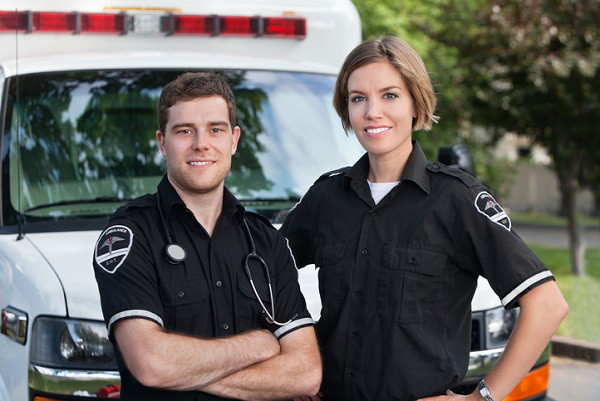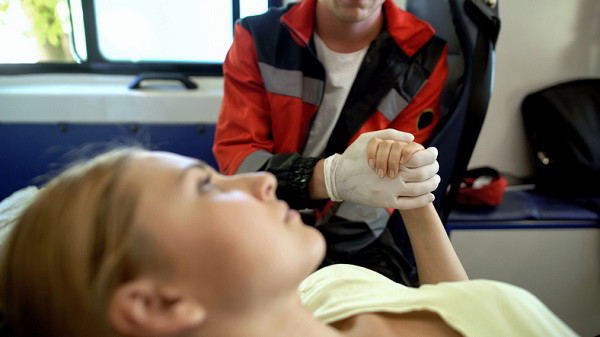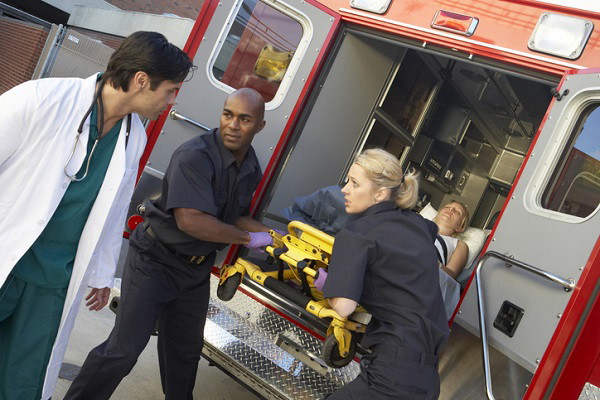
Having great communication skills is a must in the medical field. In fact, it’s been said that medical errors are often the result of miscommunication. As a paramedic, you’ll be expected to frequently be in touch with medical professionals as well as patients and their loved ones, and being a good communicator will help make this easier for you.
While the technical aspects of the job cannot be understated, the interpersonal component of the profession is also very important, and the amount of interaction required with other parties on the job makes it arguably one of the most vital soft skills in the medical field. Here’s why becoming a paramedic will require you to have excellent communication skills.
You Will Communicate with Many Health Professionals After Graduating from a Paramedic Program
Working as a paramedic after graduating from your paramedic course, you can expect to be in constant communication with various personnel, ranging from patients as well as their families and loved ones to healthcare professionals such as first responders and hospital staff. Additionally, you can anticipate coordinating with dispatch centres for ambulances, as well as police and/or firefighters to make sure the correct treatment is given to patients and all relevant information is acquired. Good communication skills can benefit you no matter the interaction. The ability to be concise, clear, and easy to understand will be useful when relaying information to other health professionals and can help you excel in your career.
Patients Will Want to Feel Heard and Understood By the People Helping Them
Another reason communication skills are so important to have in this profession is because of the interactions between paramedics and patients. Since the patient is in extreme emotional distress, careful communication is very important. This can be either on a verbal or non-verbal level, as vocal tones, posture, gestures, and facial expressions can also be a factor in effective communication.
 Your communication skills are important for the patient, as they will want to feel supported under your care
Your communication skills are important for the patient, as they will want to feel supported under your care
To succeed in this profession after your paramedic program, you’ll need to be a good active listener and understand what others are telling you, as well as adjust your body language and posture accordingly. You will want to communicate empathy, kindness, and openness to patients, to ensure they feel supported and that they are in good hands under your care.
What Happens When Communication Breaks Down and How These Issues Are Being Tackled
Communication breakdowns sometimes happen in emergency medical service (EMS). Even if paramedics and emergency room staff are both trying to provide sufficient, life-saving treatment to a patient, situations can arise where professionals don’t always give the clearest explanations of the patient’s condition, or where either party can come across as rude or judgmental to the other without necessarily meaning to. Issues like these can be overcome by establishing guidelines and protocols for proper communication between all parties, as well as training medical employees with exercises and simulations in proper communication.
 Patients can be handed off between several providers, which makes communication important
Patients can be handed off between several providers, which makes communication important
Do you want to take primary care paramedic courses?
Contact Oxford College to learn more!






